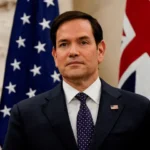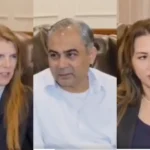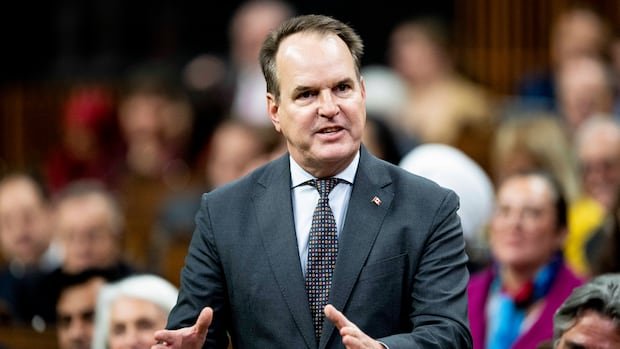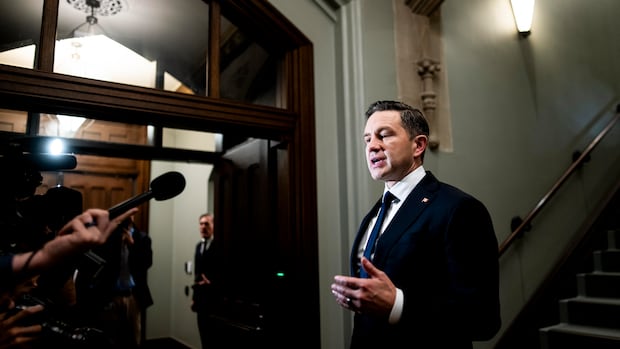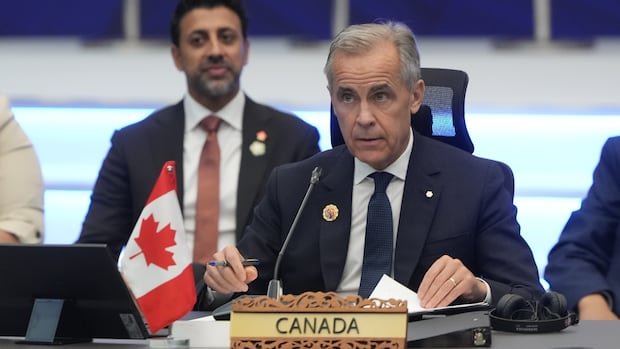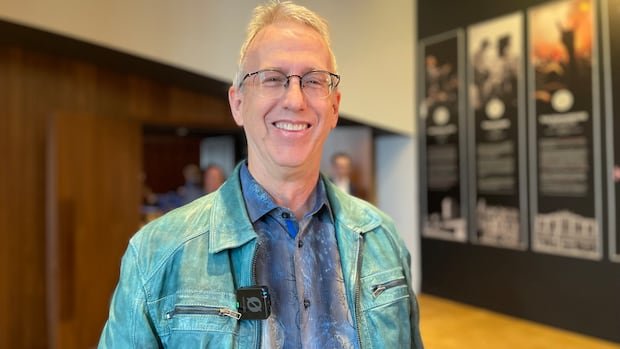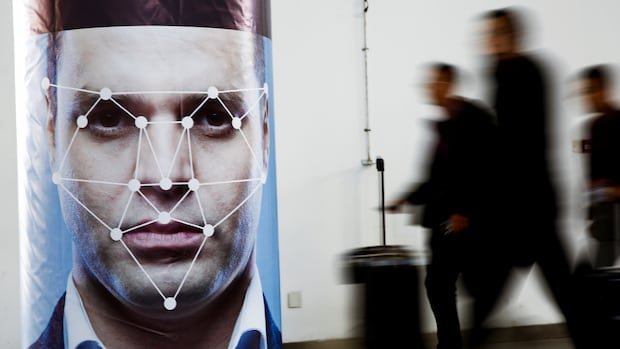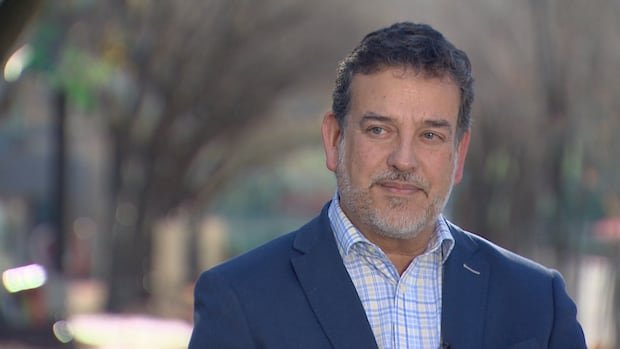Liberal House leader Steven MacKinnon says the government does not have enough votes at the moment to pass the next federal budget, and is putting pressure on opposition parties to consider whether they want another election.
“As we speak now, we don’t have the votes,” MacKinnon said in an interview on rosemary barton live Broadcast Sunday morning. He acknowledged that Canada has a minority government, but argued that the Liberals have a mandate to move “this country forward economically.”
The Liberal government will need the cooperation of at least one other party to pass the budget, which will be presented on November 4. Because the budget is a vote of confidence, Canadians could face another election if it is not approved.
“The opposition parties will have to determine whether the differences between us are big enough to get Canadians to the polls,” MacKinnon told host Rosemary Barton. “We would be reluctant to go to the polls.”
While the Liberals work to build support, opposition parties have been setting out their demands publicly and in private meetings with Prime Minister Mark Carney.
Prime Minister Mark Carney, speaking to university students in Ottawa on Wednesday night, said his government will work “tirelessly” to reduce waste and that when they have to make difficult decisions, they will be “thoughtful, transparent and fair.”
Conservative leader Pierre Poilievre demands from the Liberals an “affordable budget” that includes broad tax cuts and keeps the deficit below $42 billion. He also wants Canada to abandon its industrial carbon tax.
MacKinnon said Poilievre has made demands that he “already knows are unattainable” and that the Conservative leader wants to take away “hundreds of billions of dollars of revenue from the federal government, so it’s pretty difficult to square.”
Meanwhile, Bloc Québécois leader Yves-François Blanchet is demanding an increase in the federal health transfer to the provinces, new investments in infrastructure, an expansion of the rapid housing initiative and an increase in old-age security payments for people aged 65 to 75.
In early October – before meeting Carney – Blanchet criticized the Liberals, saying there was no consultation and that “this budget had no legitimacy.”
MacKinnon criticized those comments from Blanchet, saying: “coming from someone with 22 seats in a 343-seat House of Commons, that’s a bit rich.”
However, the Liberal House leader was friendlier to NDP leader Don Davies. He told Barton he would not include Davies with the other opposition leaders because the NDP had been more constructive in their comments.
After meeting Prime Minister Mark Carney to discuss the upcoming federal budget, Conservative leader Pierre Poilievre said they had “a good conversation.” Poilievre said he was “waiting to see what they come up with,” adding that he “reiterated that we need this to be an affordable budget.”
“I have no idea what the NDP intends to do regarding their votes on the budget. That will obviously depend on your caucus and your party. But again, the math is pretty clear. We don’t have a majority,” MacKinnon said.
Asked by Barton if it’s the Liberals’ job to find that support, MacKinnon said talks with opposition parties continue and “we’re getting their input.”
“But we believe we have a mandate and, at the end of the day, some difficult decisions will have to be made.”
Carney lays the groundwork for a high budget
Throughout the week, Carney has been laying the groundwork for the budget, which is expected to be costly as the Liberal government attempts to strengthen Canada’s economy in the face of U.S. tariffs.
After meeting with opposition party leaders, Carney told a group of university students Wednesday night that Canadians should be prepared for some “challenges” and “sacrifices,” but “if we don’t act now, the pressures will only increase.”
Interim NDP Leader Don Davies has dismissed reports that his party would negotiate with the Liberal government for budget support as “simply false.” He said the NDP will wait until the budget is tabled next month before deciding to back it.
“I will always be candid about the challenges we have to face and the decisions we have to make. And to be clear, we will not transform our economy easily or in a few months; it will take some sacrifices and some time.”
MacKinnon acknowledged that Canada will have to make difficult decisions “on the government operations side” and will not be able to do as much as it would like to do more “on the investment side.”
“We must improve our supply chains so we can diversify markets outside the United States and ship our products and expertise both east and west,” MacKinnon said.
“So we will invest massively on that side, but we will make tough decisions on the spending side and that is the kind of budget that I think this prime minister has outlined since he was sworn in.”
